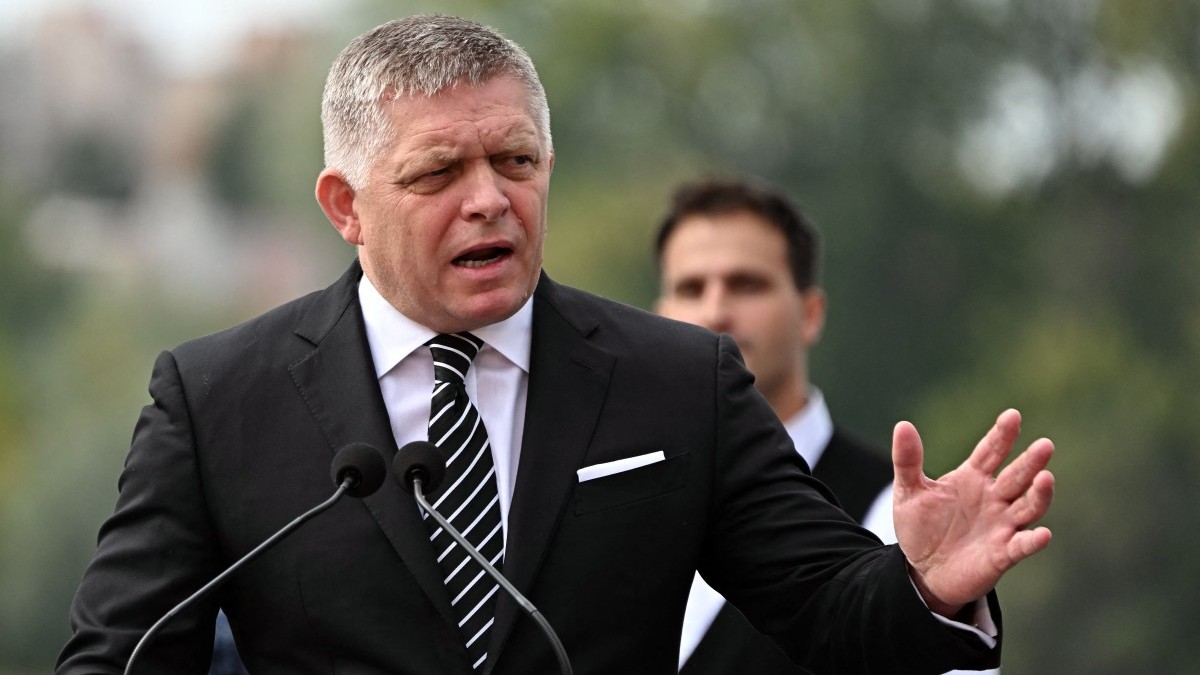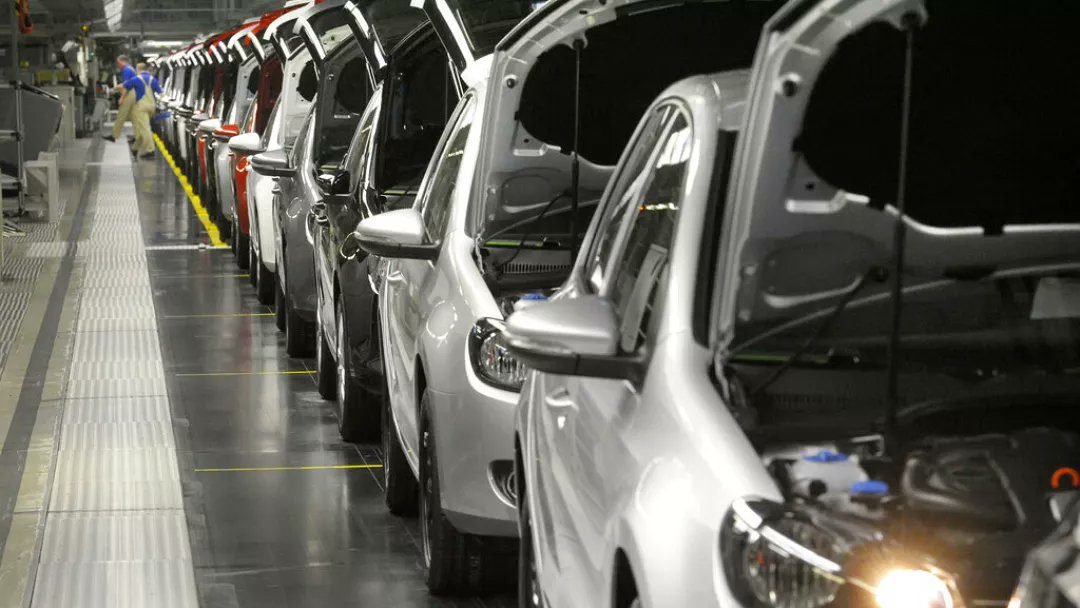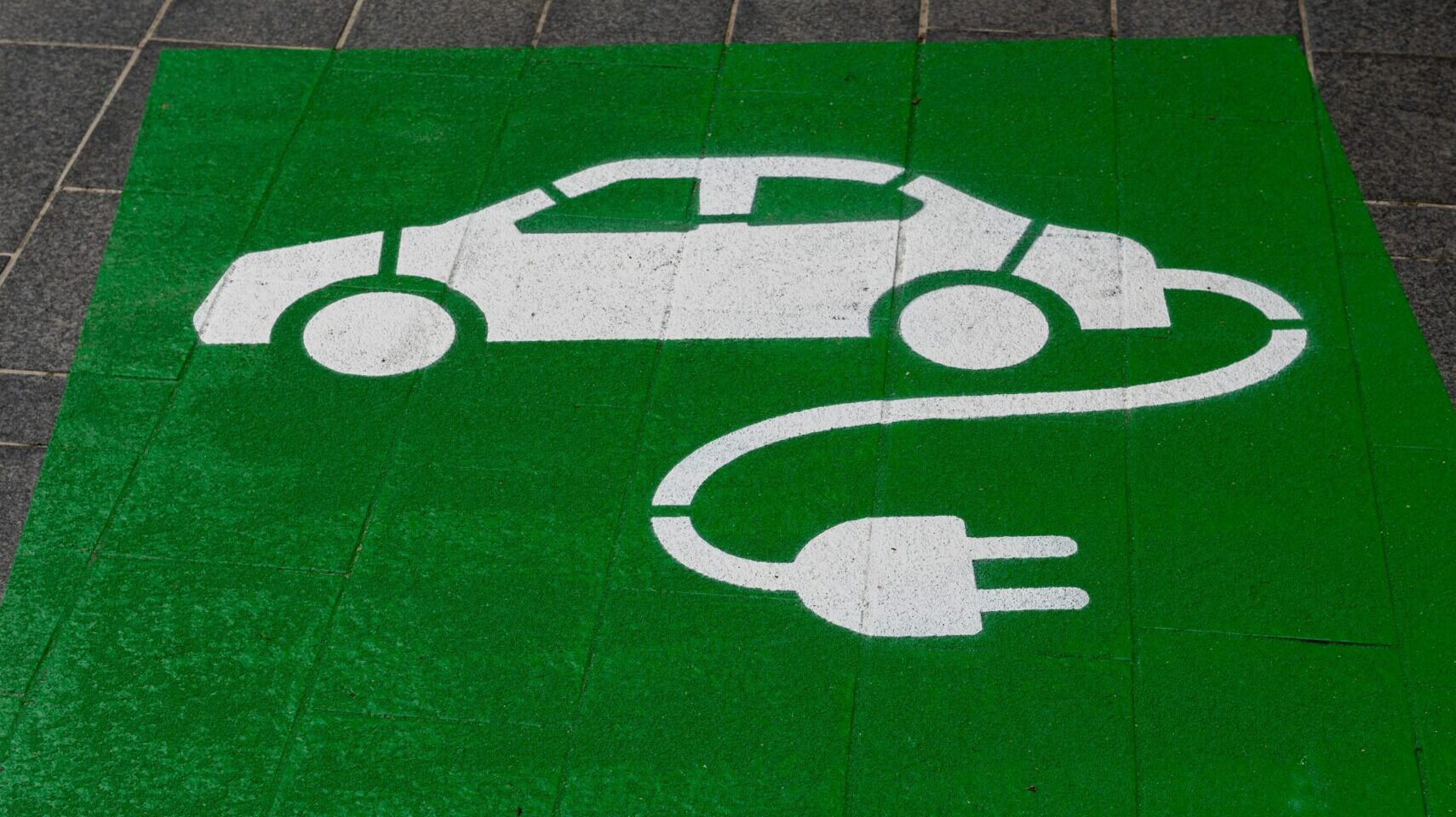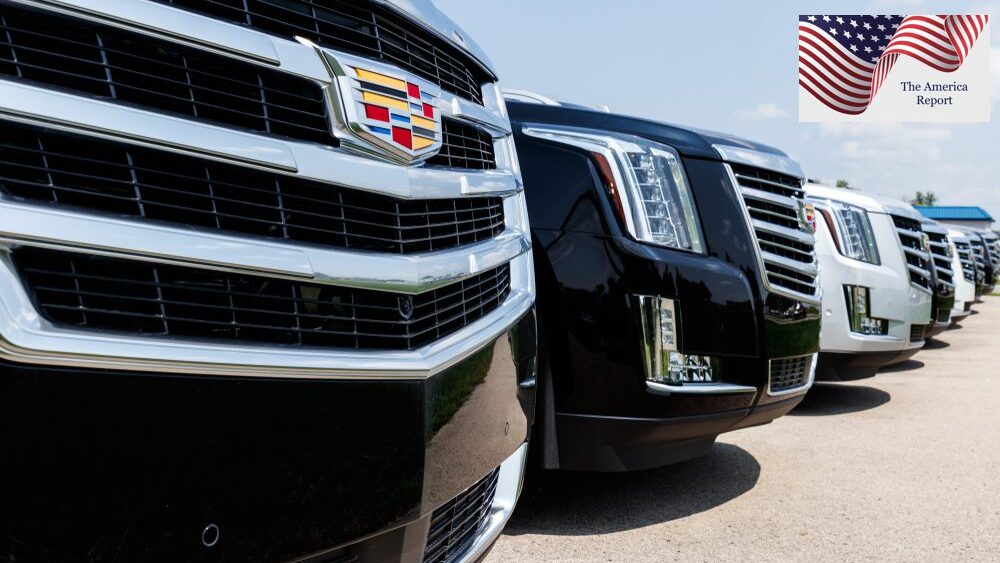
Fico Rallies Visegrád 4 Against EU’s Combustion-Engine Ban
Pressure is growing on Brussels to rethink its increasingly out-of-touch policies.

Pressure is growing on Brussels to rethink its increasingly out-of-touch policies.

Dependency on Asia for batteries, high manufacturing costs, and U.S. tariffs are contributing to the automotive industry’s difficulties.

The center-right also rejected the Patriots’ call to extend the delay of compliance with emission reduction targets.

Rebelling against ‘green’ restrictions is largely symbolic due to the primacy of European law.

As EV demands are dropping and competition is heating up, without concrete measures, the sector risks factory closures and mass layoffs.

Mercedes-Benz cuts electric vehicle production in half.

There is a great irony in how the auto industry relies on its most fuel-thirsty vehicles in order to afford building EVs.

New technology, environmental policy, and bigger size are pricing Spaniards out of the market on new cars.

Former cabinet minister Sir John Redwood said it was “quite obvious” that a “full transition” from petrol and diesel car sales by 2030 is not possible.

The freedom we have experienced in recent decades to decide for ourselves when, where, and how we get around will no longer be affordable for many people.